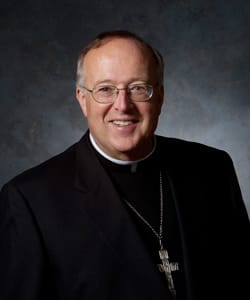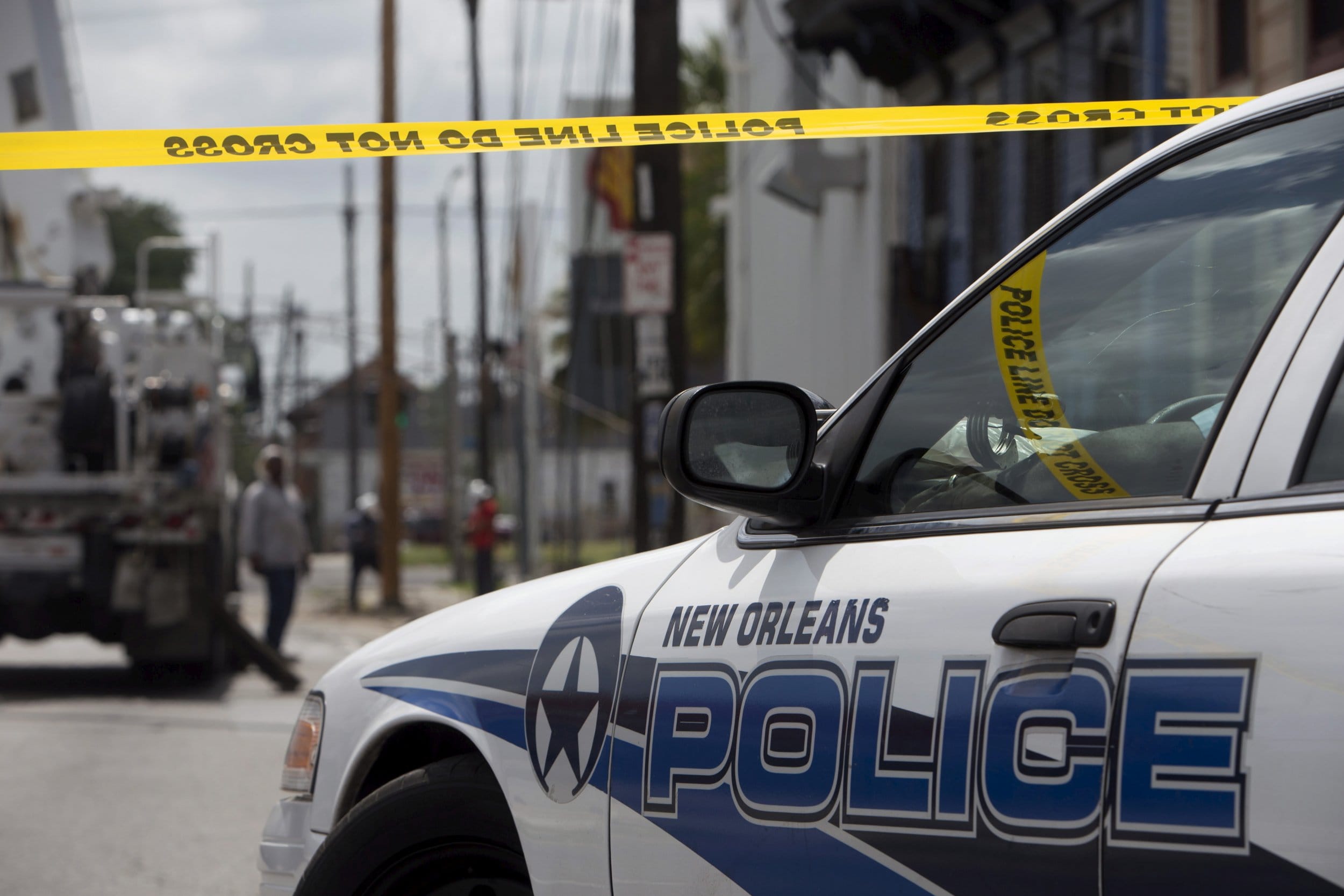In a notable move that has garnered attention across religious and political spheres, Pope Francis has appointed Robert McElroy as the new Archbishop of Washington, D.C. This appointment comes at a time when the Catholic Church in the United States is navigating complex social and political landscapes, and McElroy’s selection is seen as a reflection of the Pope’s ongoing commitment to addressing contemporary issues facing the Church.
Robert McElroy, who has served as the Bishop of San Diego since 2015, is recognized for his progressive stance on various matters, including immigration, poverty, and social justice. His vocal criticism of former President Donald Trump during his administration has drawn both support and opposition, positioning him as a prominent figure within the Church’s hierarchy who is not afraid to engage with the political realities of the day. This appointment is particularly significant given Washington, D.C.’s status as the nation’s capital and the archdiocese’s influence on both local and national levels.
McElroy’s background includes a strong emphasis on inclusivity and dialogue within the Church. He has advocated for a pastoral approach that seeks to welcome all individuals, regardless of their backgrounds or life circumstances. This philosophy aligns with Pope Francis’s vision of a more compassionate and open Church that addresses the needs of marginalized communities. In his previous role in San Diego, McElroy has worked to foster interfaith relationships and promote understanding among diverse groups, which may be an essential aspect of his new role in Washington.
The appointment of McElroy also reflects the Pope’s broader strategy of placing leaders in key positions who are willing to engage with the pressing social issues of our time. As the Archbishop of Washington, McElroy will be tasked with addressing a variety of challenges, including the ongoing discussions around the Church’s role in politics, the need for reform in response to sexual abuse scandals, and the Church’s stance on social justice issues. His previous statements on these matters suggest that he will likely continue to advocate for a Church that prioritizes social responsibility and moral leadership.
The reaction to McElroy’s appointment has been mixed. Supporters view it as a positive step toward a more progressive and inclusive Church, while critics express concern that his views may alienate more traditional members of the Catholic community. This dynamic highlights the ongoing tensions within the Church as it seeks to balance tradition with the need for modernization in response to contemporary societal changes.
As the new Archbishop, McElroy will also oversee the archdiocese’s various ministries and programs, which serve a diverse population in the D.C. area. These programs address critical issues such as homelessness, food insecurity, and education, aligning with his commitment to social justice. His leadership will be crucial in shaping the archdiocese’s response to these challenges and in maintaining its relevance in a rapidly changing society.
Furthermore, McElroy’s appointment comes at a time when the Catholic Church is facing scrutiny over its handling of various issues, including its response to the COVID-19 pandemic and the ongoing discussions about the role of women in the Church. His approach to these matters will be closely watched, as many within the Church hope for a more inclusive and responsive leadership style that can address the concerns of the faithful.
In summary, the appointment of Robert McElroy as the new Archbishop of Washington, D.C., represents a significant development within the Catholic Church, particularly in the context of its engagement with social and political issues. His progressive views and commitment to inclusivity may play a pivotal role in shaping the future of the archdiocese and its influence within the broader Church. As he steps into this prominent position, McElroy will undoubtedly face both challenges and opportunities as he works to lead the Church in a time of change.


